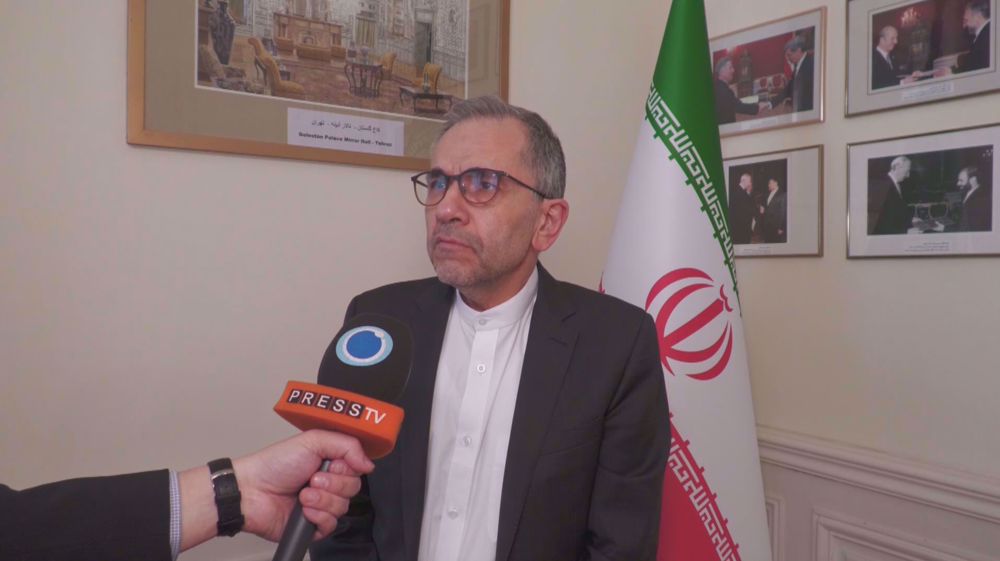Henry Norr: Israeli regime, US extremely isolated
Press TV has interviewed Henry Norr, an activist and political commentator in Berkeley, to discuss the recent UN Human Rights Council resolution slamming Israel for committing war crimes in Gaza.
Following is a rough transcription.
Press TV: The entire EU is condemning Israel for its 2014 summer war on Gaza, a rare move indeed. How much could this be a prelude to holding Israel accountable at the ICC?
Norr: Certainly it is a small step in the right direction, it is very hopeful as far as it goes. I think from my point of view, the report compiled by Judge Mary McGowan Davis and associates for the Human Rights Council was pretty tepid and provided a false equivalency between Palestinians and the Israelis but nevertheless it has strong language about war crimes and the fact that it was endorsed by the Human Rights Council is impressive.
To me the most striking thing is that the United States was unable or perhaps unwilling to force the European countries to vote against the resolution as the most striking aspect of the situation. There is a lot of politics going on behind the scenes among the powers and it is hard to know where this will lead, but it does seem like a step towards the International Criminal Court and that I think would be a very important step for the Palestinian cause that is not going to win justice by itself. It is one area, I think, where Palestinians do have some leverage … Israelis are very annoyed if not perhaps even frightened about the prospects of getting summoned to The Hague.
So any step in that direction is good news.
Press TV: And despite such rare moves by a few governments around the world, there have been many grassroots movements across the globe denouncing Israel and boycotting it. How much has Israel and its staunch supporter the United States, for that matter, become isolated across the globe?
Norr: Well, extremely isolated from the mass of the public opinion and I think even from a very large and growing section of the public opinion in the United States. You know the real problem, of course, is that the power of Israelis over the US government has never really depended on public opinion primarily. It is primarily a function of the wealth and power of the so-called Israel lobby, the organizations that use billions of dollars in campaign donations … and influence over the media and so on to keep Congress in line and perhaps a little bit less effectively the executive branch. All that remains true even as public opinion changes.
But I think the European governments I’m sure were responding in part to public opinion in their own countries and feeling some obligation not just to ignore the public opinion.
So there is a complicated dance between the popular opinion and the power of the lobby and the actions of the governments…
MTM/HSN

Shahin Hazamy arrested primarily for his viral pro-Palestine social media posts: Filmmaker

Press TV interviews Iran deputy FM on nuclear program, sanctions relief

The price we paid for freedom
‘Non-negotiable’: Iran reaffirms its ‘legal right’ to use peaceful nuclear energy
Countdown to largest exhibition event in Tehran
Wider Gaza aggression 'will cost us blood', warns Israeli reserve general
Iran warns enemies: Air Force ‘at forefront’, will respond to any threat ‘in no time’
VIDEO | Iran-Africa Economic Cooperation Conference
Sobh International Media Festival announces winners
‘Dangerous scheme’: UN says Israeli-US aid plan aims to reinforce Gaza control
US university to divest from companies aiding Israel's genocide in Gaza






 This makes it easy to access the Press TV website
This makes it easy to access the Press TV website